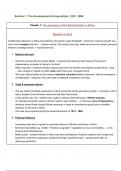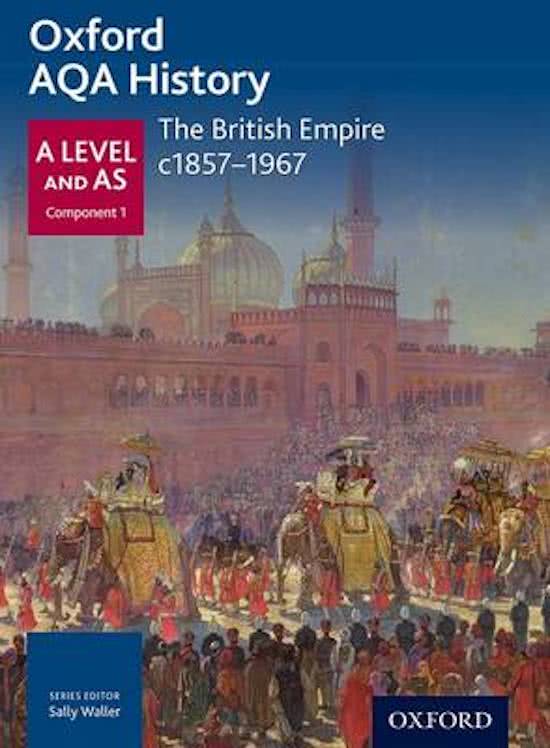Class notes
The British Empire, C
- Course
- Institution
- Book
This document covers the British empire course thoroughly, it includes every single chapter. I've arranged the notes in the best way i could considering the textbook was confusing at times.
[Show more]




